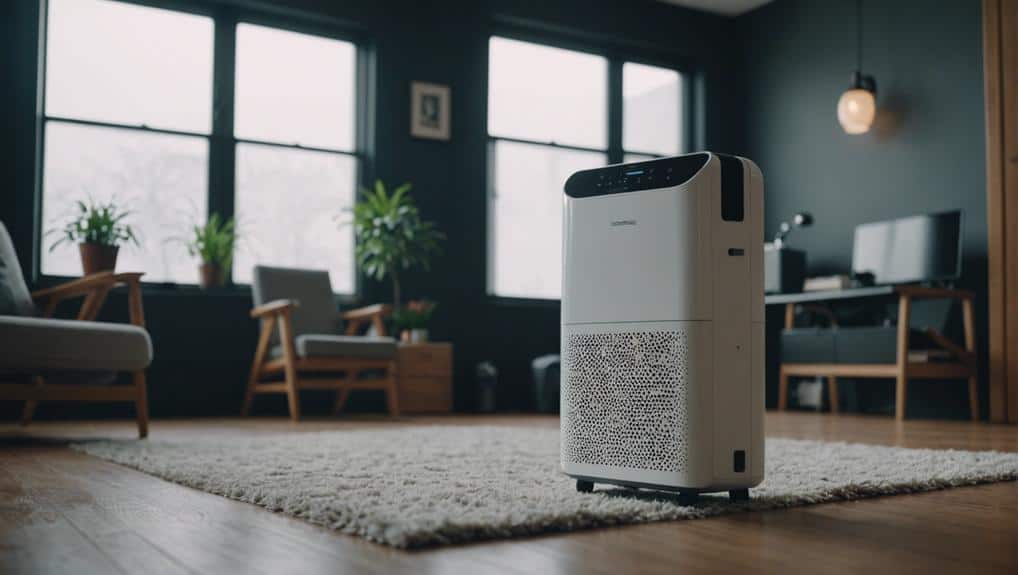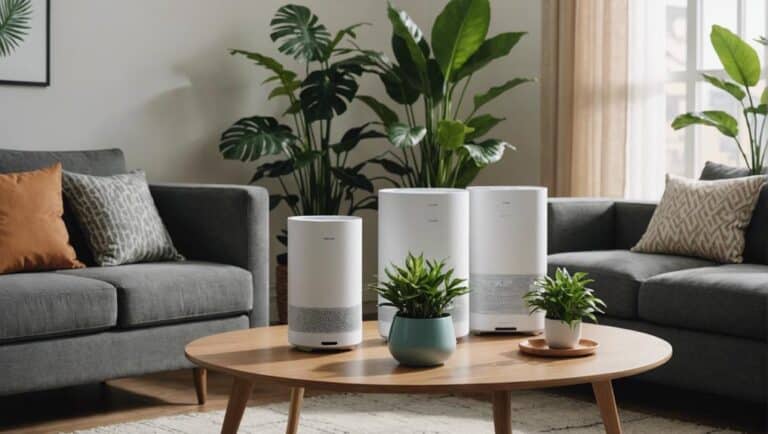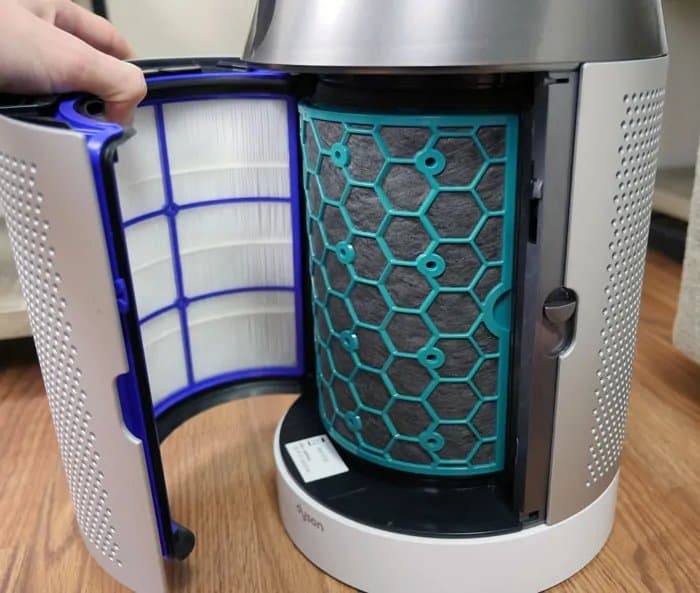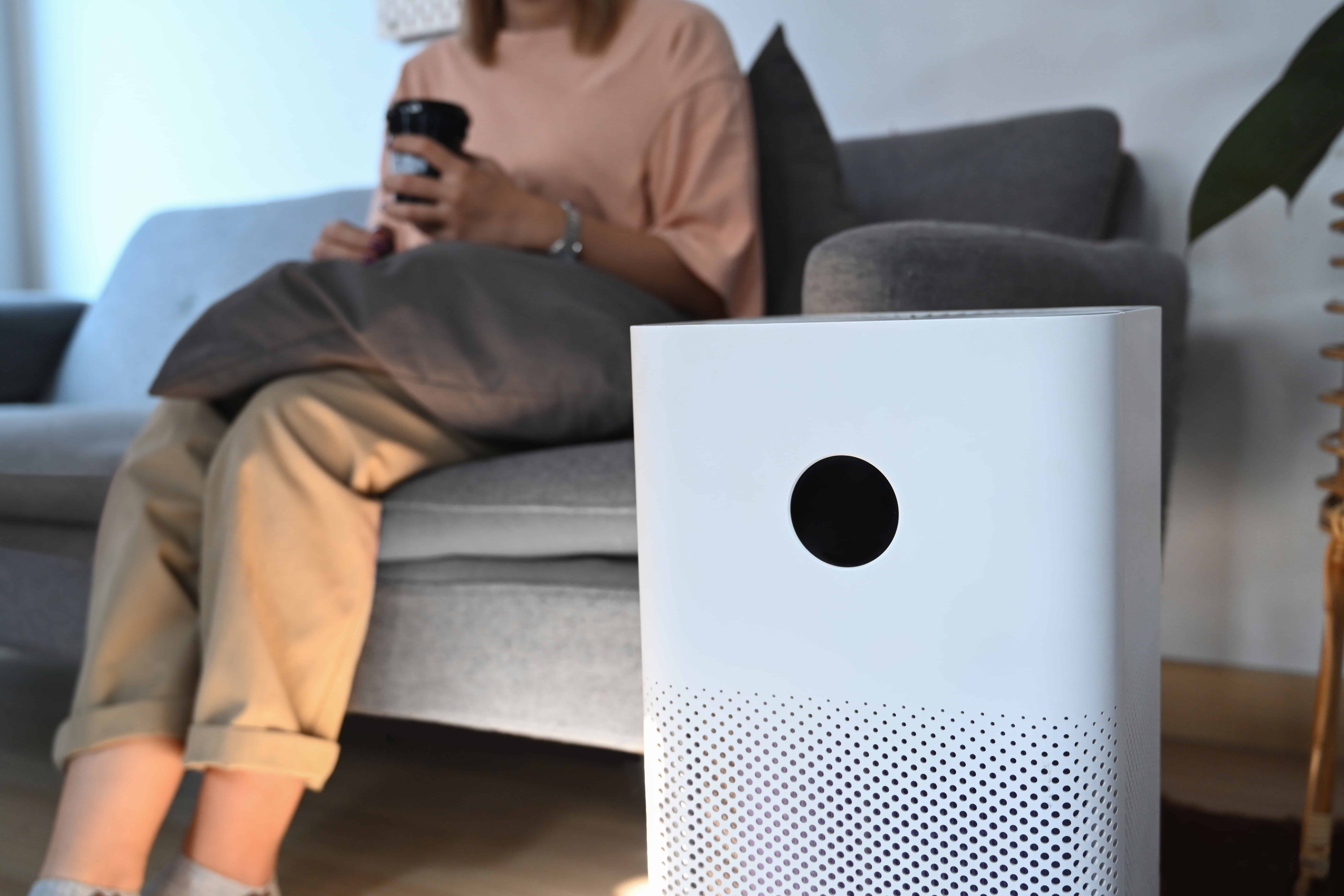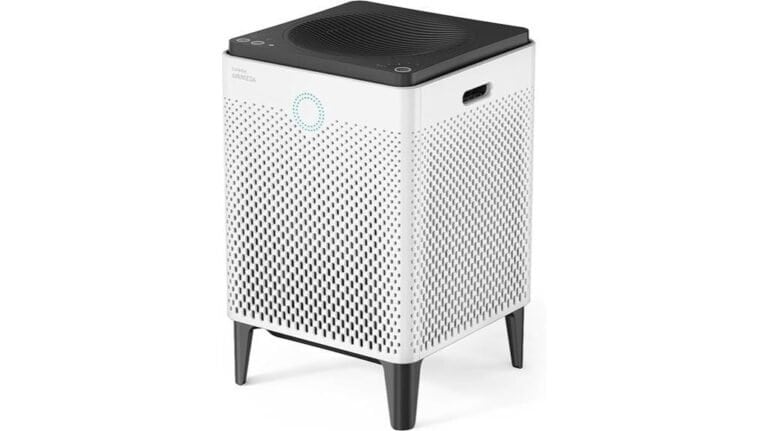Dehumidifier Vs Air Purifier: the Right Choice
As we ponder the choice between a dehumidifier and an air purifier, we must weigh the benefits each appliance brings to our indoor space. Understanding how these devices cater to distinct needs is essential in making an informed decision for a healthier living environment.
By considering factors like air quality concerns, room size, and energy efficiency, we can guarantee we are making the right choice. Join us as we explore the nuances of dehumidifiers and air purifiers, uncovering the key features that could greatly impact our daily lives.
Key Differences Between Dehumidifiers and Air Purifiers
When comparing dehumidifiers and air purifiers, it’s important to understand the key differences in how they operate and the specific benefits they offer. Dehumidifiers primarily focus on removing moisture from the air to control humidity levels and prevent issues like mold growth and musty odors. On the other hand, air purifiers are designed to improve air quality by filtering out pollutants such as dust, pollen, pet dander, and smoke particles.
Dehumidifiers work by condensing moisture on coils and collecting it in a tank, while air purifiers utilize filters to trap contaminants, enhancing the overall air quality. Individuals suffering from allergies and asthma can benefit from both devices, but in different ways – air purifiers help by removing allergens from the air, while dehumidifiers protect against moisture-related issues.
The choice between a dehumidifier and an air purifier depends on specific needs, whether it’s humidity control or air filtration, to create a healthier indoor environment.
Benefits of Using a Dehumidifier
Using a dehumidifier offers multiple benefits that enhance the quality of indoor living spaces. Dehumidifiers help improve indoor air quality by removing excess moisture, which in turn prevents mold growth and reduces the risk of musty odors. By controlling the humidity levels, dehumidifiers also protect homes from structural damage caused by high humidity levels.
Additionally, these devices contribute to a healthier living environment by reducing allergens that can exacerbate respiratory conditions. By creating a more comfortable atmosphere through increased energy efficiency, dehumidifiers provide a sense of control over one’s indoor environment.
Benefits of Using an Air Purifier
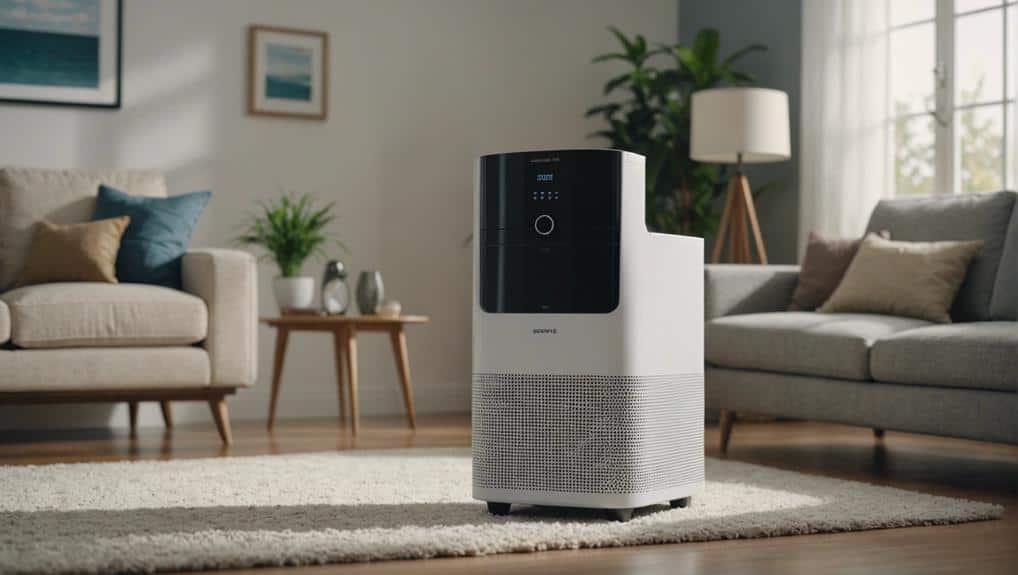
Air purifiers provide a notable advantage in indoor spaces by efficiently removing up to 99.97% of contaminants such as dust mites, pollen, and pet dander from the air. When considering the benefits of using an air purifier, it’s crucial to understand how they can make a tangible difference in your environment.
Here are three key advantages of incorporating an air purifier into your space:
- Improved Air Quality: Air purifiers help in removing allergens and pollutants, leading to cleaner and fresher air.
- Reduced Respiratory Symptoms: By trapping particles that can trigger allergies and asthma, air purifiers can alleviate symptoms and improve breathing.
- Odor Elimination: Air purifiers not only remove airborne pollutants but also help in eliminating unwanted odors for a more pleasant indoor atmosphere.
For those seeking control over their indoor air quality, especially individuals sensitive to allergens like dust and pollen or asthma sufferers, investing in an air purifier with HEPA filters can greatly enhance the overall well-being of the space.
Factors to Consider When Choosing
Considering the specific requirements of your indoor environment is vital when weighing the choice between a dehumidifier and an air purifier. Factors to take into account include the air quality in your space, the size of the room where the device will be used, noise levels, energy efficiency, and maintenance needs.
When evaluating air quality, determine if issues like excess moisture or airborne particles are the primary concern. Room size plays an important role in the efficiency of either device, so match the capacity of the dehumidifier or air purifier to your space for best performance.
Additionally, check the noise levels of different models to ensure they align with your comfort preferences. Energy efficiency ratings help choose a device that’s cost-effective in the long run. Lastly, understanding the maintenance requirements of each device is essential to guarantee they operate effectively over time.
Using Both Devices for Optimal Results
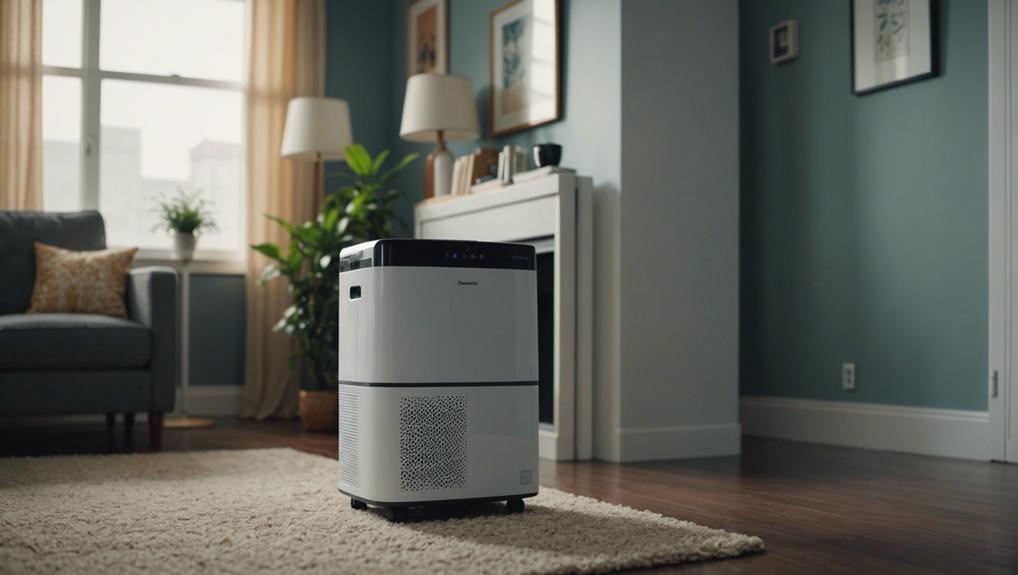
To achieve the best results in improving indoor air quality, employing both an air purifier and a dehumidifier is highly recommended. Here are three key reasons why using both devices can lead to ideal results:
- Comprehensive Air Quality Improvement: By combining the air purifier’s ability to remove airborne contaminants with the dehumidifier’s function of controlling humidity levels, you can achieve a more thorough and holistic approach to enhancing indoor air quality.
- Preventing Mold Growth: Dehumidifiers play an important role in reducing moisture levels, which is essential for inhibiting mold growth. When used in conjunction with an air purifier that filters out mold spores, this duo provides a powerful defense against mold-related issues.
- Reducing Allergens: Air purifiers excel at capturing allergens like dust, pollen, and pet dander, while dehumidifiers help decrease the conditions that foster allergen accumulation. Together, they create an environment that’s less conducive to allergen presence, promoting cleaner and healthier indoor air.
Conclusion
To sum up, when choosing between a dehumidifier and an air purifier, it’s crucial to take into account your specific indoor environment needs. Both devices offer unique advantages in enhancing air quality and creating a healthier living space.
By understanding the key differences and factors to take into consideration, you can make the right choice for your home. And don’t forget, using both devices together can provide excellent results by addressing moisture issues and allergens effectively.
